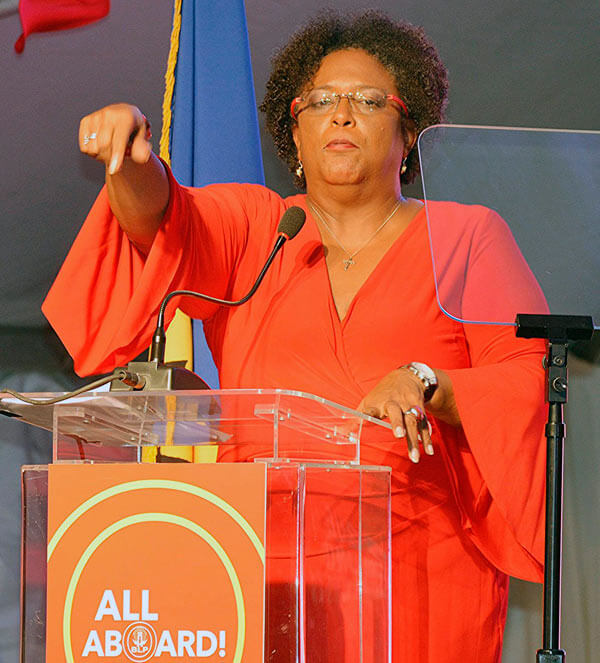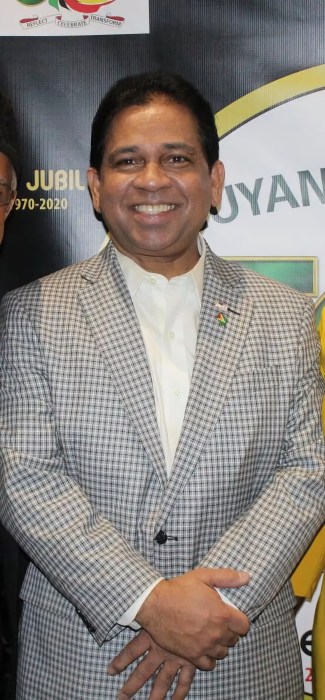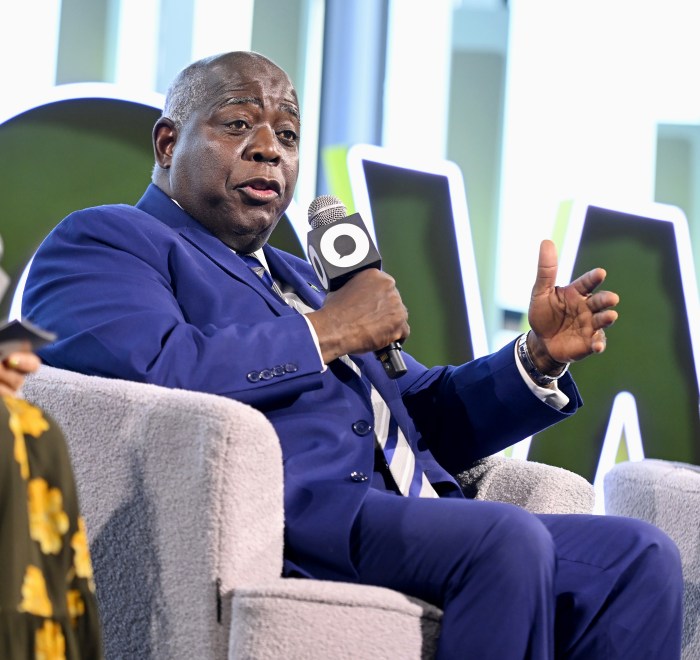The Barbados government is running out of hard currency, and this new low of reserves has Central Bank Acting Governor Cleviston Haynes urging the administration to sell something in a hurry.
From possessing $1.457 billion (Bds$1 = 50 cents US) at the end of 2012, this country’s foreign reserves have been tumbling to the point at which there is only $549.7 million up to Sept. 30 this year, the Central Bank reported Tuesday.
Between September 2016 to the same month this year alone, the country lost $354 million.
This reduces the government’s ability to purchase goods and services abroad to only 8.6 weeks for this island of some 285,700 people. The international yardstick for government finances to cover imports, if all other sources fail, is a minimum of 12 weeks.
The dire circumstances caused Haynes to put some urgency in his advise when he said, “there are certain transactions which the government wants to undertake, primarily divestment transactions, which are designed, if achieved, to boost the international reserves over the short term and to bring, not necessarily back to the 12-week benchmark that we have indicated is most comfortable for us, but at least to change the trajectory at which the foreign exchange is moving.”
This comment from the acting Central Bank governor while discussing his organization’s third quarter report released Tuesday, was in reference to the administration’s stalled plans to sell the state-owned petroleum import and distribution company, Barbados National Terminal ltd., for US$100 million; and permit a consortium to build a Hyatt Hotel, which would bring in another US$100 million in fees and licences.
The oil company’s sale suffered a setback when one of the bidding parties filed a law suit challenging the award of the sale to another. Some months after that the regulatory body governing the actions of business entities, Fair Trading Corporation, ruled that the sale was improper.
The Hyatt Hotel project has not yet got off the ground because a private citizen went to the law courts challenging its construction contending that due process with regard to the environment was not followed before permission to build was granted.
Both transactions were halted in 2016 and until government gets past the hurdles presented, it remains short of the badly needed US$200 million to boost national reserves.
“That is really our concern at this point, the pace at which some of these transactions have been moving,” said Haynes.
Along with consumption of goods and services the reserves continue to be drained by re-payments on international loans as they become due.
On the other hand the traditional large foreign exchange earner, tourism, has passed its Winter peak income-earning season and the money it earned for the year so far was only a slight increase over that of 2016.
But a dangerously low foreign exchange account as the Barbados government now currently holds not only puts the nation in a perilous state, but also threatens the continued ranking of the Barbados dollar at half that of the United States.
This caused the Central Bank to warn, “the Barbadian economy continues to face significant economic challenges. In particular, strengthening of the international reserves is needed to ensure that the reserve buffer remains adequate in order to protect the fixed exchange rate peg”.
Leader of the Opposition Barbados Labour Party, Mia Mottley, reacted to this dismal national financial picture and said it speaks to Government incompetence and insisted that all concerned must “call a spade a spade”.
She said Prime Minister Freundel Stuart needs to go back to the electorate.
“Put aside false pride; acknowledge that the vehicle is spiraling away out of control. The prime minister needs to do what is right by Barbados.
“Call the elections.”























